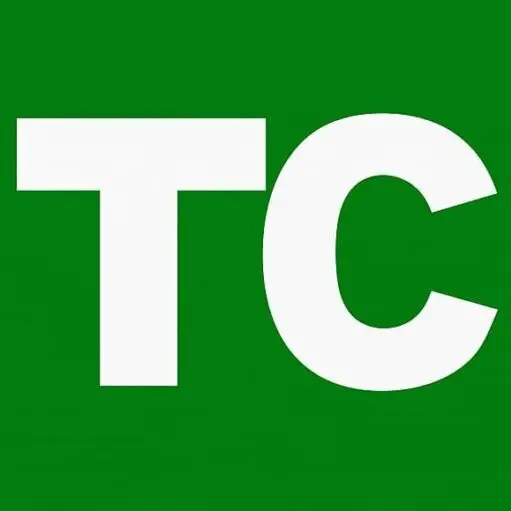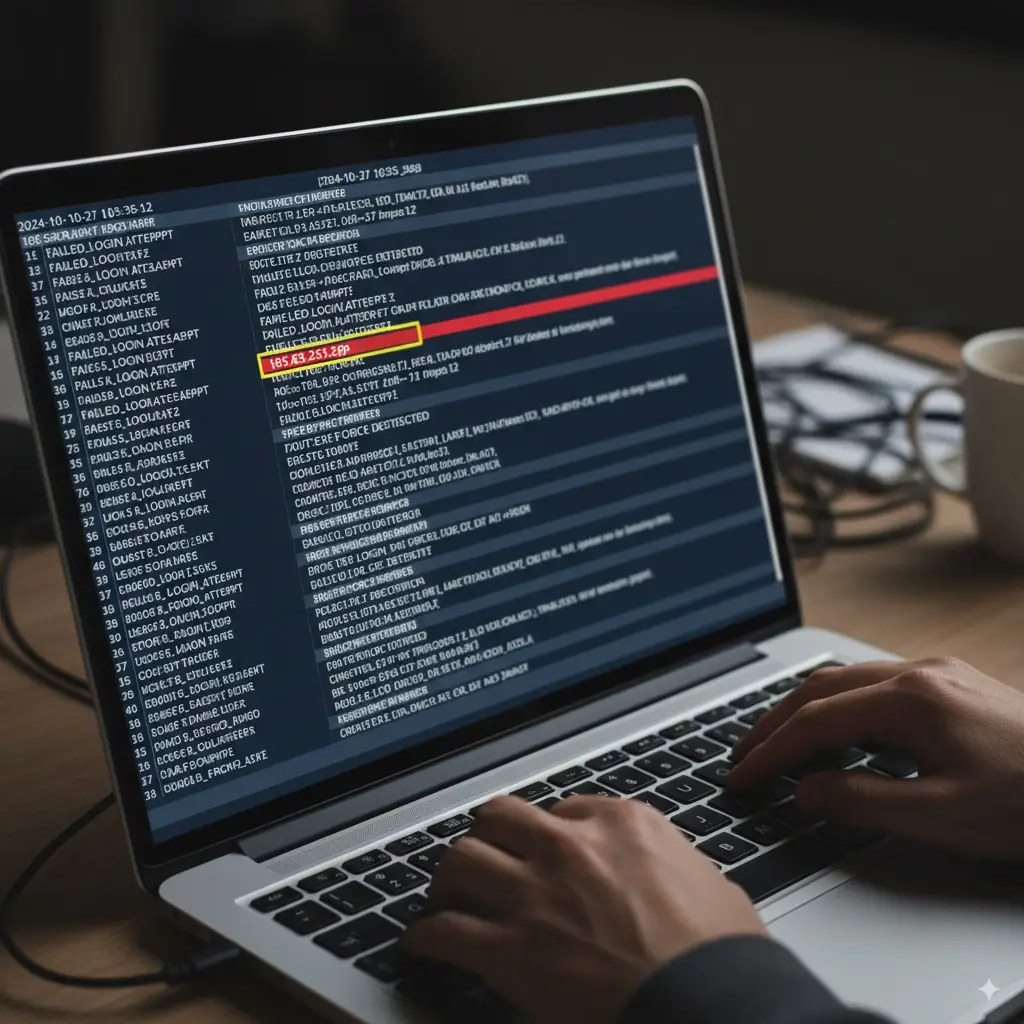Is 185.63.253.2pp safe? A Straightforward Talk About Strange IPs
So, picture this. You’re sipping tea (or coffee, whatever keeps you going), and you log into your website dashboard. You’re kind of proud—traffic is picking up, a few new visitors, things look good. During a routine check, one particular entry stands out—185.63.253.2pp.
On the surface, nothing seems unusual—it looks like a standard IP. A bunch of numbers, nothing special. But if you keep seeing it again and again, that’s when your gut starts whispering—“Wait a second, who’s this guy, and why does he keep knocking on my door?”
Why Do These IPs Even Show Up?
Here’s the thing: every single visitor to your site leaves a trail. Just like footprints on sand. Some are normal—your real users, search engines like Google checking your pages, maybe even you clicking around. But then there are others that don’t quite fit.
185.63.253.2pp is one of those that makes you scratch your head. It doesn’t look familiar, and the fact that it’s showing up in server logs repeatedly is enough to raise eyebrows.
- bots scraping your site,
- someone testing your defenses, or
- a plain misconfiguration somewhere.
Think of it like this: you own a shop. Most people who walk in are customers. Some just browse. But then there’s that one person who keeps circling the block, tugging on the door handle every hour. Would you ignore them? Probably not.
What Could It Mean?
Alright, let’s break it down in everyday language. When you see an IP like this, it could be:
- Traffic monitoring tools (not harmful, just nosy)
- Automated crawlers that don’t respect your site rules
- Malicious probing—hackers checking if your “windows” are open
- Configuration errors from a plugin or app gone rogue
- Debugging/testing from a developer’s side
- Some of these are innocent, some are downright annoying, and a few are dangerous.
What Happens If You Ignore It?
Ignoring odd IPs is like ignoring a dripping pipe at home. Sure, nothing bad may happen today, but give it time and—boom—you’ve got a flooded kitchen.
With suspicious IPs, here’s what ignoring can lead to:
- Your site is slowing down because of repeated requests.
- Higher risk of a data breach.
- Exposure to DDoS attacks.
- Loss of trust from real visitors if your site crashes or leaks data.
How Do You Check If 185.63.253.2pp Is Trouble?
Good question. Here’s the practical approach:
- Check server logs. Is this IP hitting you once a week or 200 times an hour? The difference matters.
- Use blacklist databases. Some IPs are already flagged as “bad actors.” If yours is on that list, problem solved—you know what’s up.
- Match the behavior. If the IP is requesting weird pages (like your admin login over and over), yeah, that’s a red flag.
How Do You Protect Yourself?
You don’t need to become a cybersecurity pro overnight. Here’s what regular website owners can do:
- Install a Web Application Firewall (WAF). Think of it like hiring a bouncer for your online shop. It’ll stop the shady folks before they even reach your door.
- Use rate-limiting. Don’t let one IP spam your site endlessly.
- CAPTCHAs. Annoying sometimes, but super effective against bots.
- Block the IP. If you’ve confirmed it’s trouble, just block it in your firewall or hosting panel. Simple.
- Keep everything updated. Outdated plugins are basically unlocked windows.
A Story From a Small Website Owner
Let me give you an example. A friend of mine runs a small craft store online. She was thrilled to see traffic spiking—finally, people are noticing her products! But sales didn’t match the visits. Weird, right?
Turns out, an IP (similar to 185.63.253.2pp) was scraping her product pages, copying data, and slowing down her server. Not cool. Once she set up a firewall and blocked that IP, her site performance improved, and real customers stopped complaining about lag.
Lesson? Don’t celebrate every spike in traffic. Sometimes it’s not fans—it’s freeloaders.
The Legal and Ethical Side
Now, here’s something people don’t think about often. Blocking IPs is fine, but you need to be cautious. If you block genuine visitors by mistake, it could damage the trust people have in your site. In some regions, there are even rules about how you handle user data.
Bottom line: be fair. Don’t go on a blocking spree. Be smart, look at the evidence, and then act.
So, is 185.63.253.2pp safe?
Honestly? There’s no single answer. It could be harmless. It could be a nosy bot. Or it could be someone poking around where they shouldn’t. What matters is your response.
Think of it as a small alert—something you should pay attention to but not overreact about. Investigate, take simple preventive steps, and move on.
Wrapping It Up
The internet is like a busy city. Millions of people walk past your “shop” every day. Most are fine. A few are shady. And once in a while, someone will try the door. That’s why you put in cameras, hire security, and lock up at night.
For websites, spotting something like 185.63.253.2pp is just part of running your digital shop. Stay aware, use the right tools, and you’ll be fine.
Remember: you don’t have to stop every stranger from walking by. You just have to make sure they can’t get inside unless you actually want them there.

